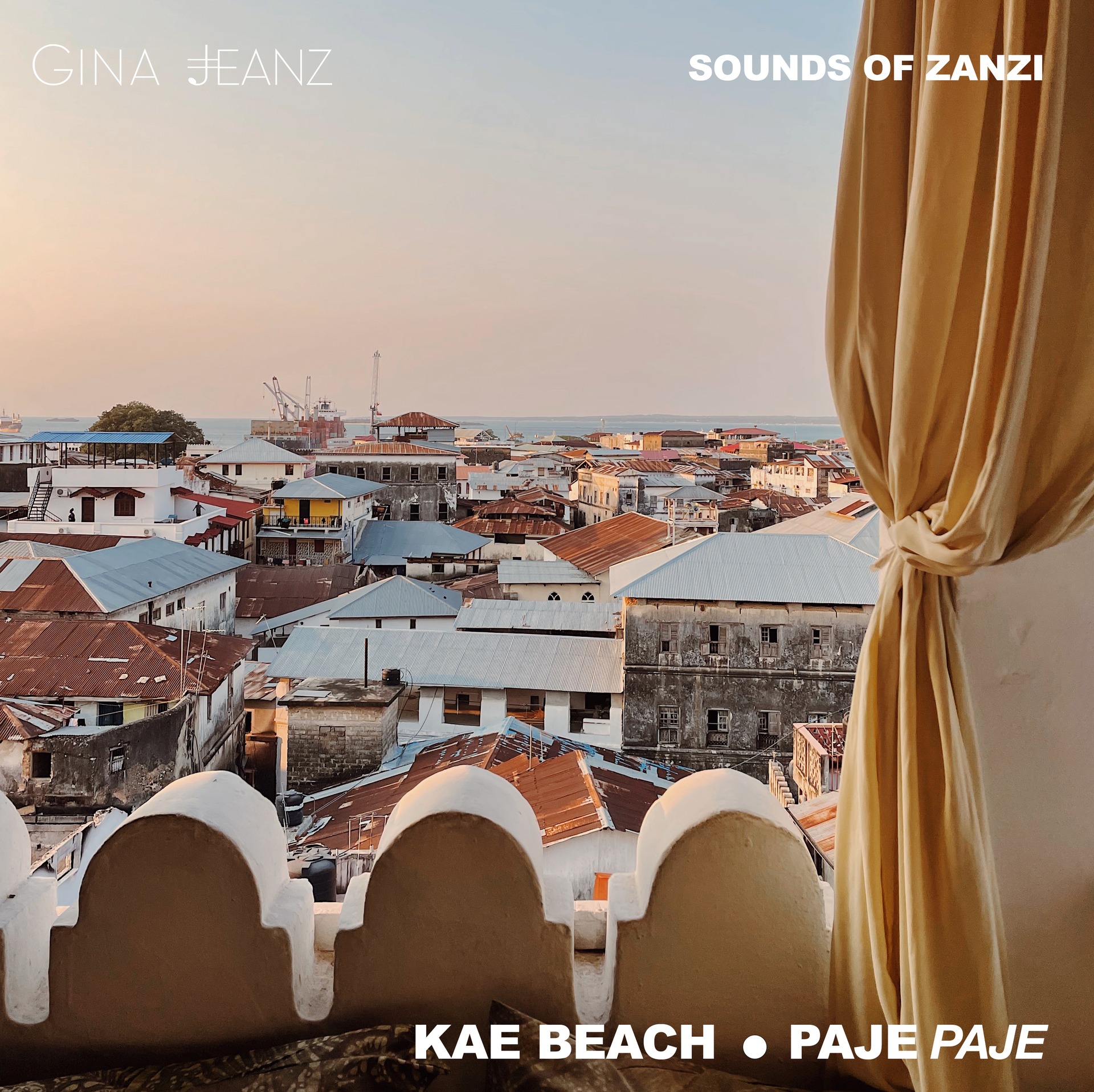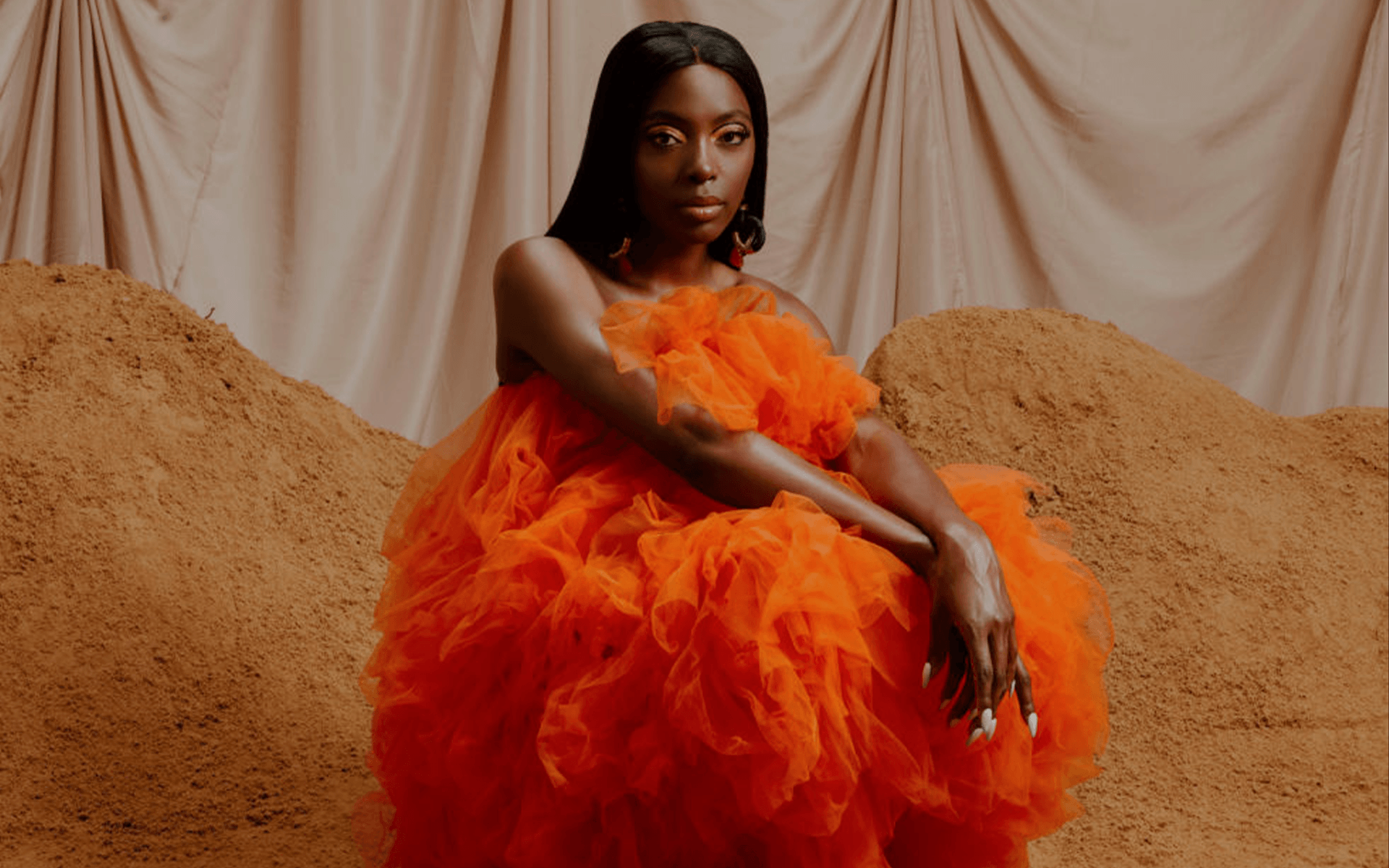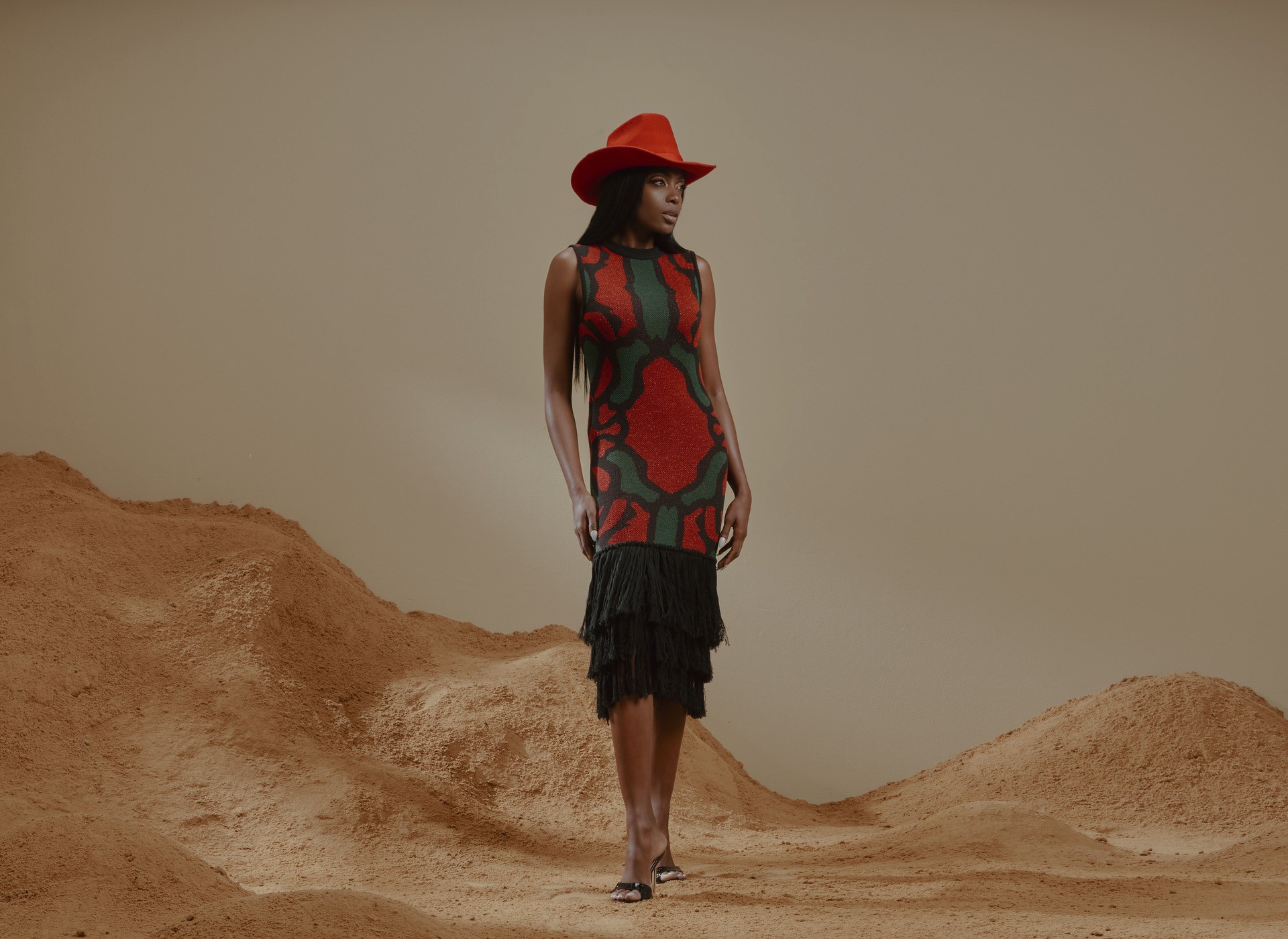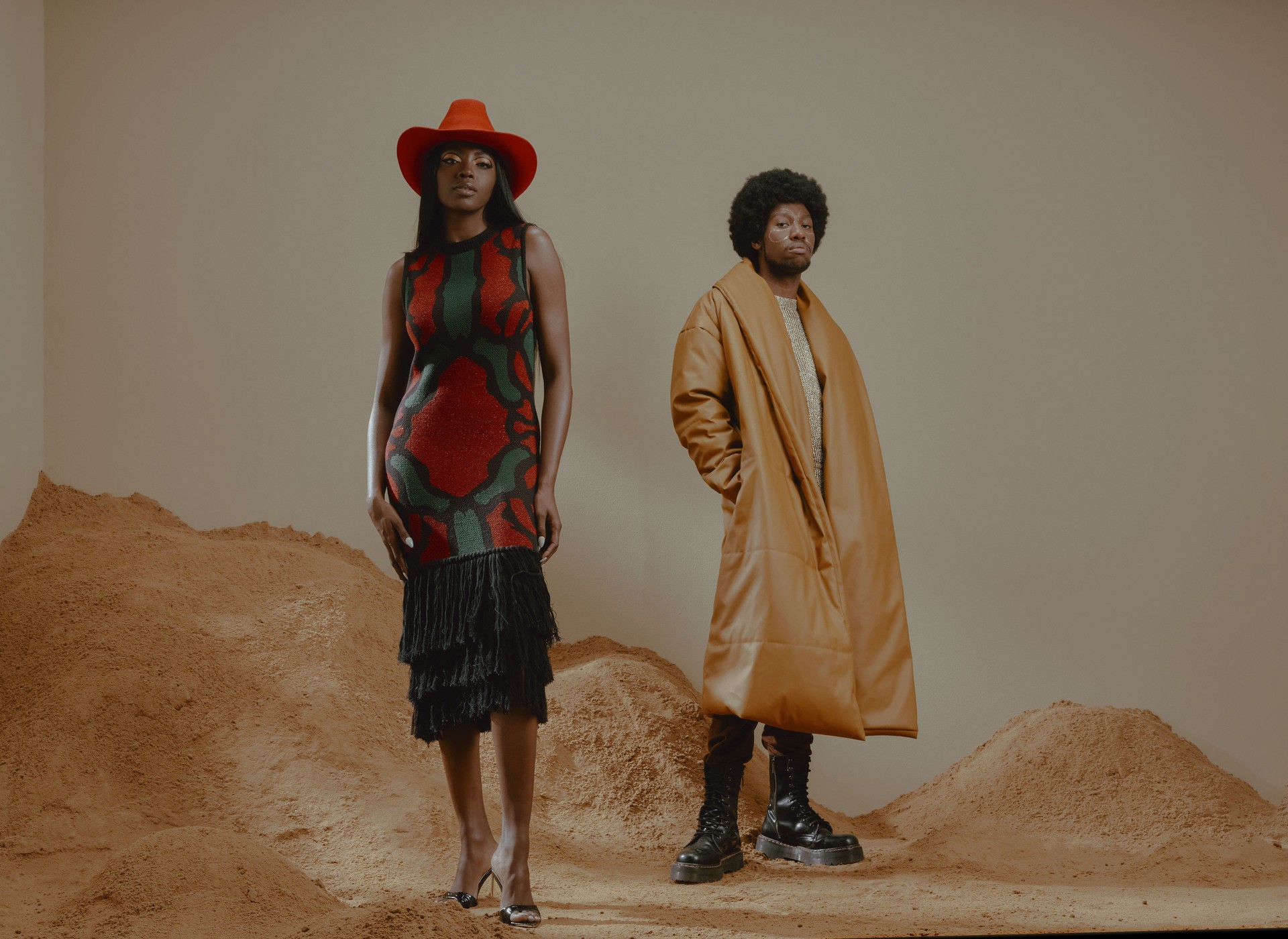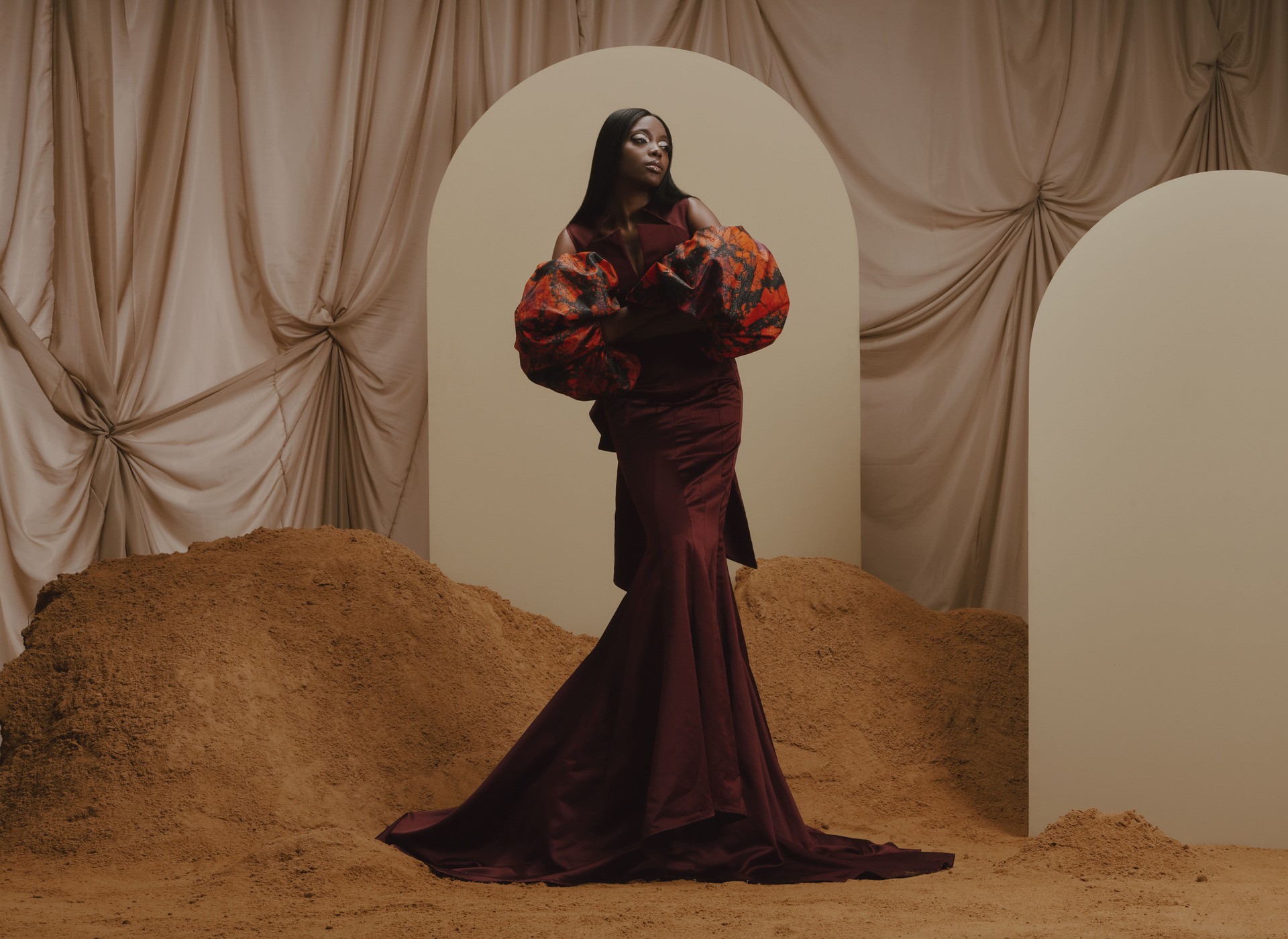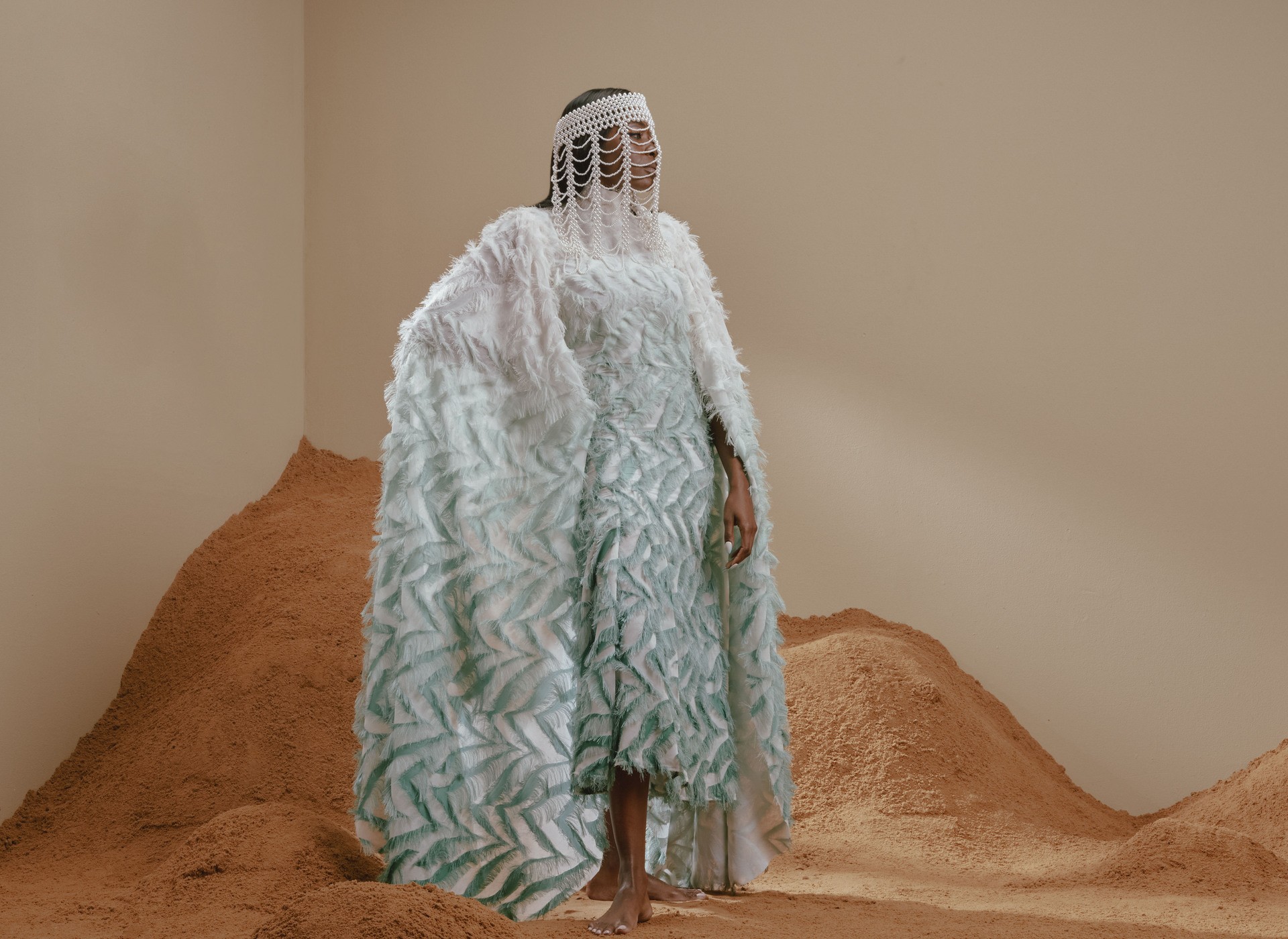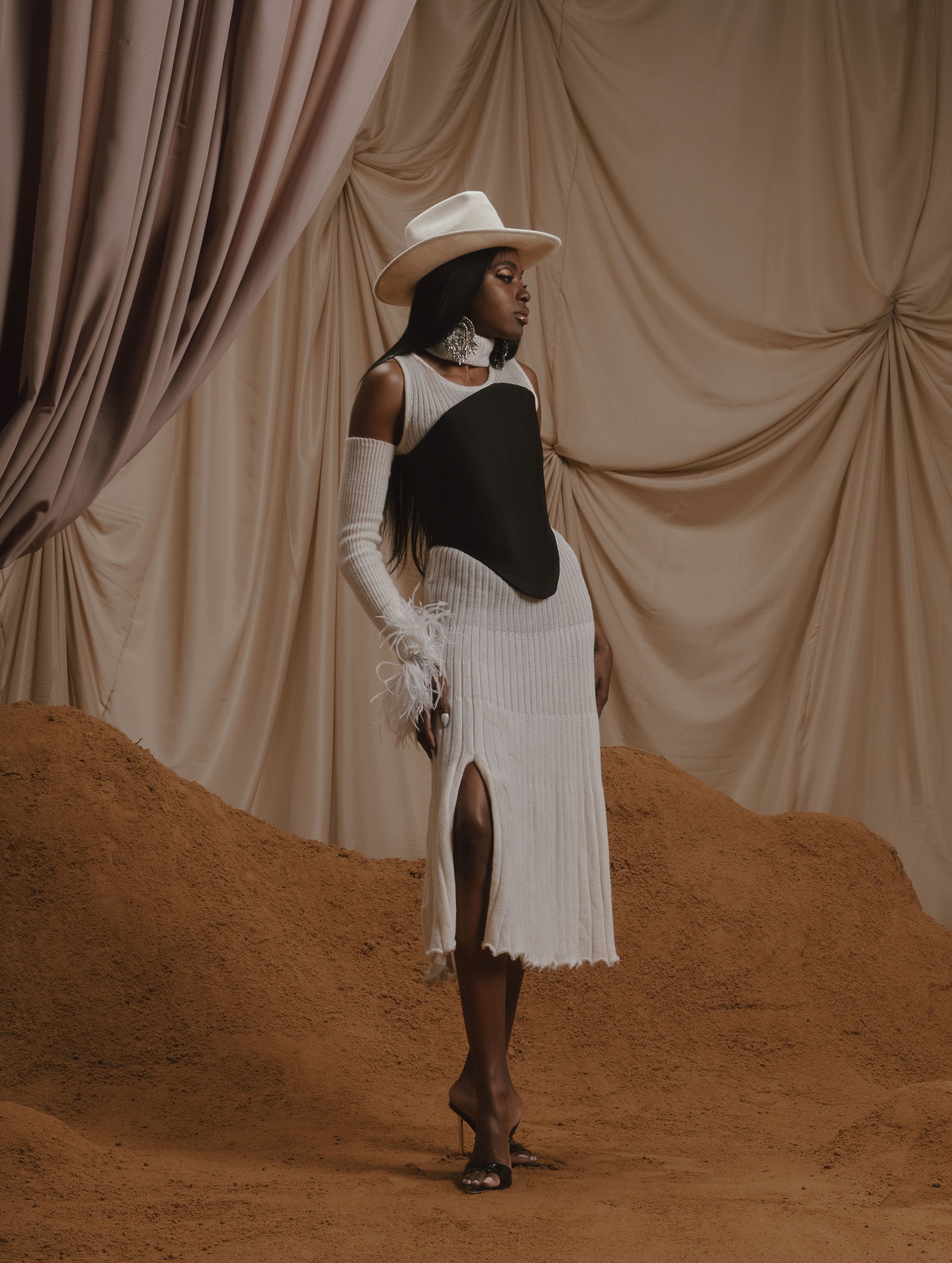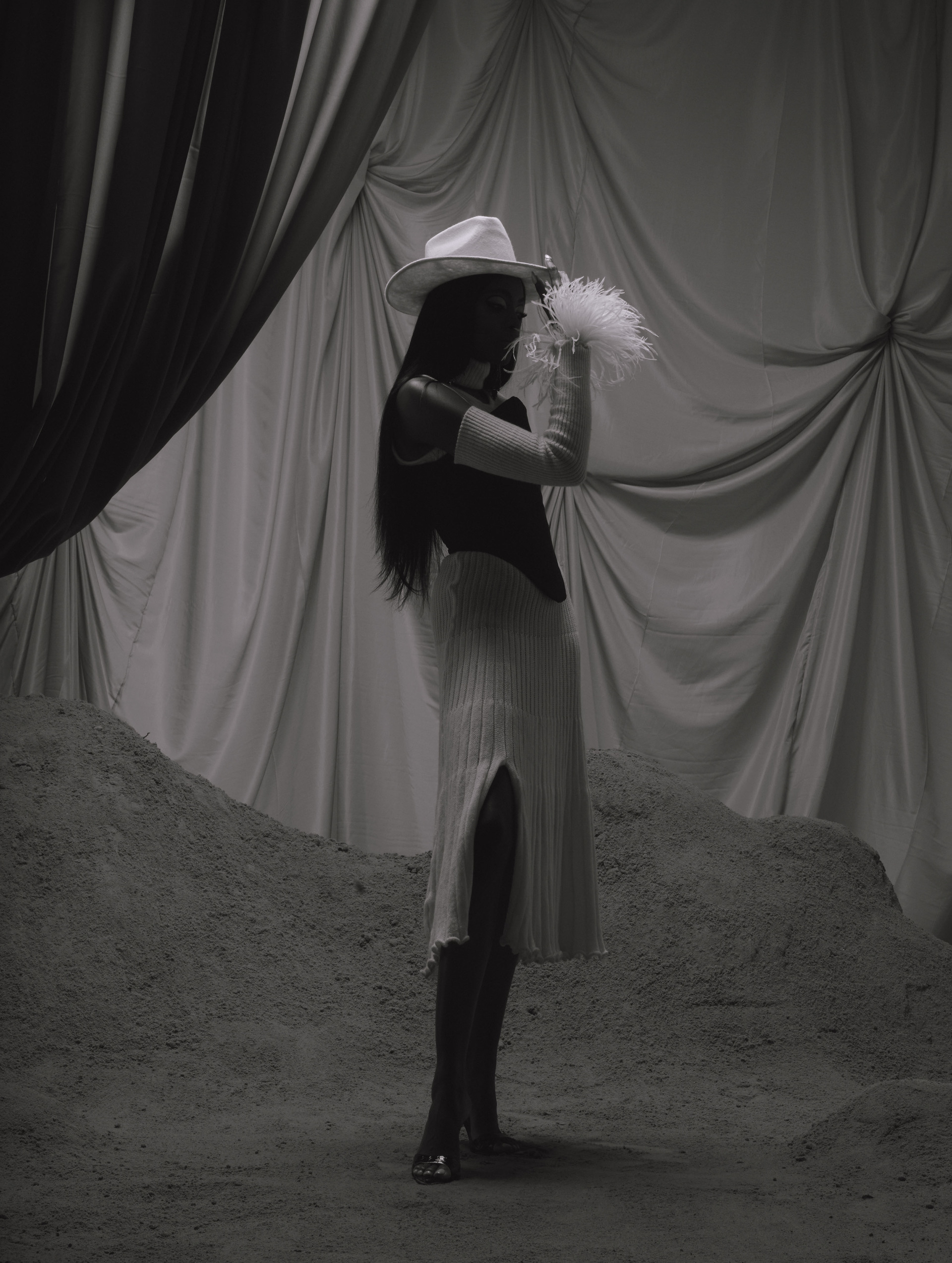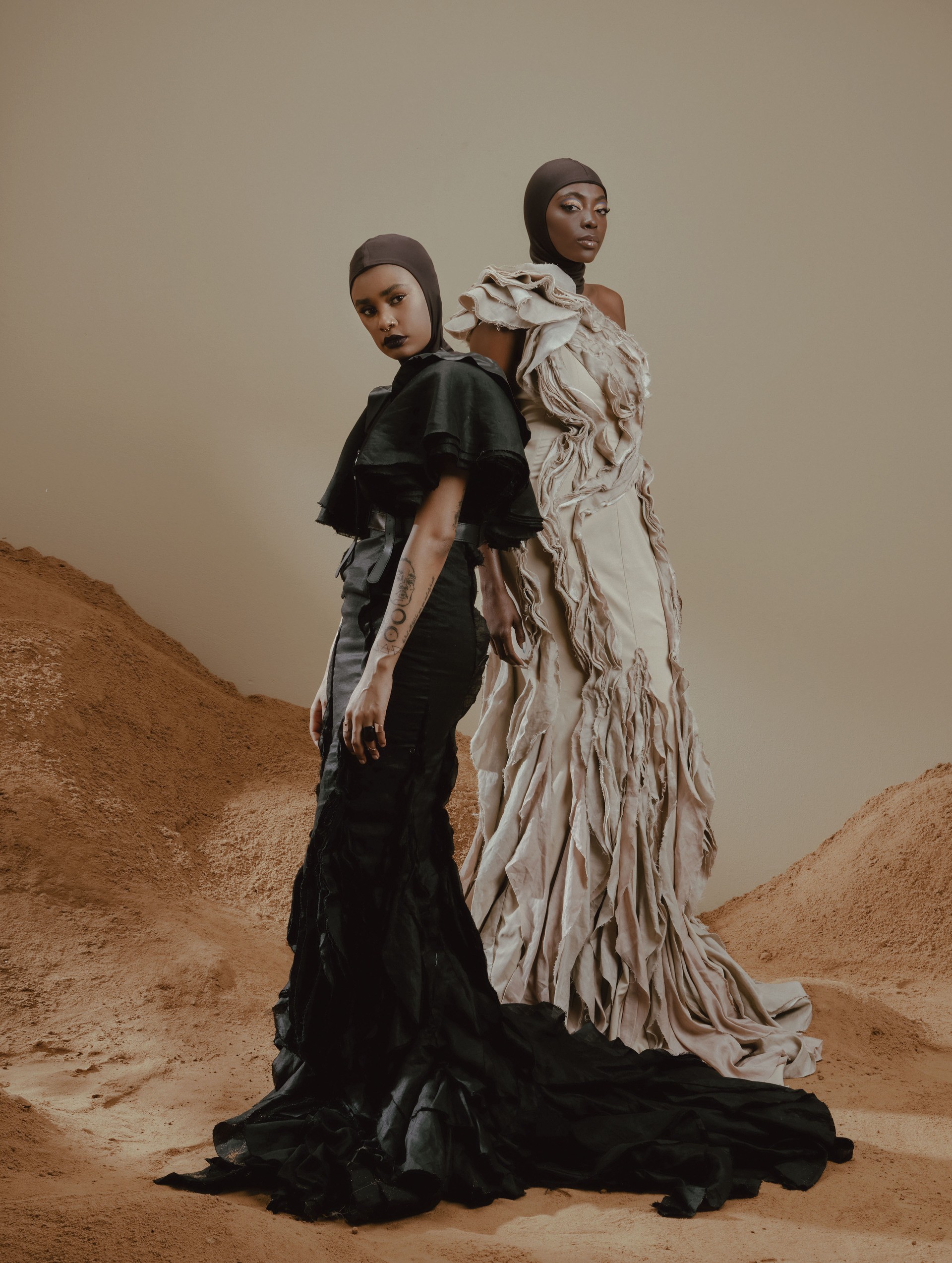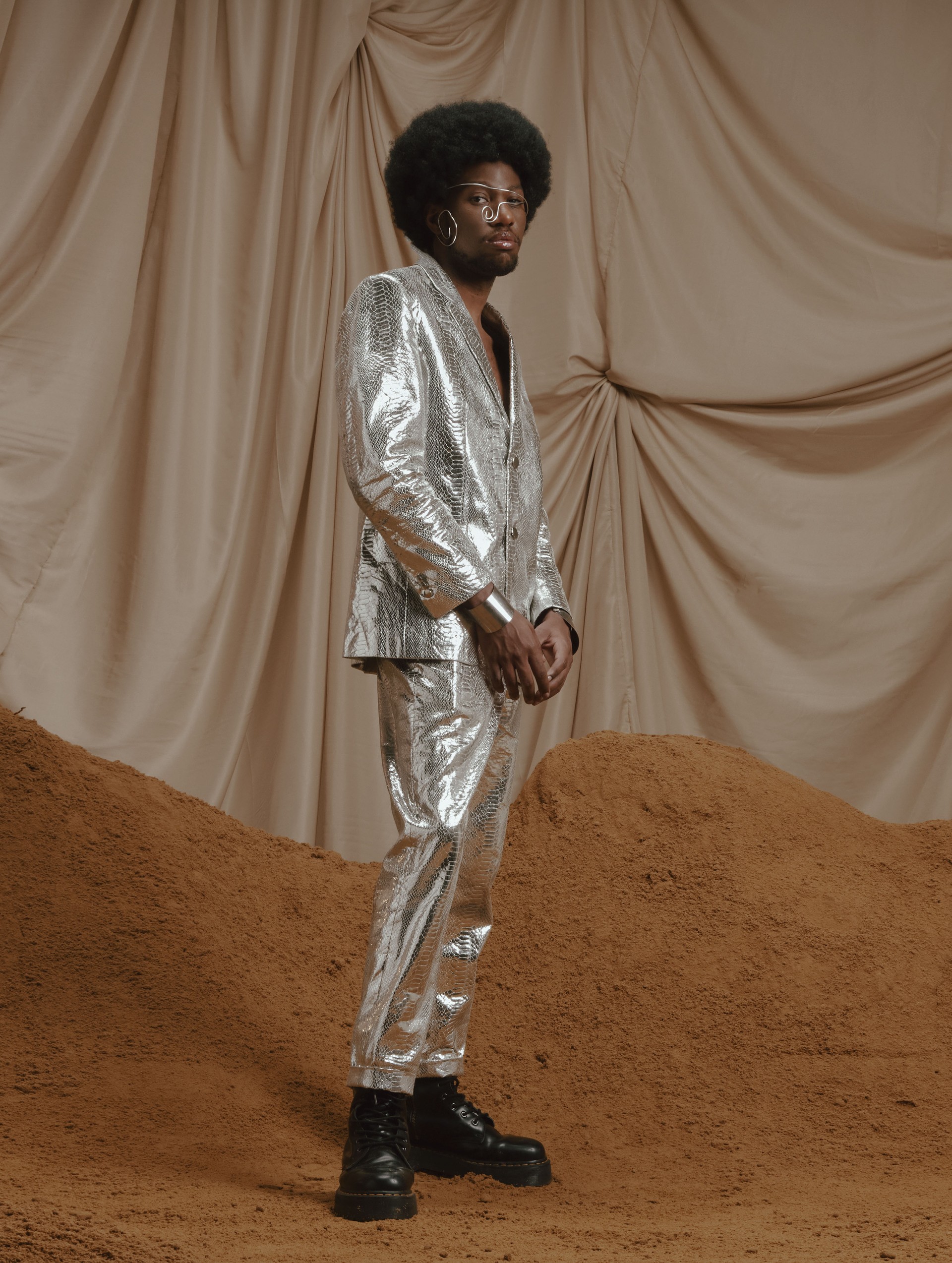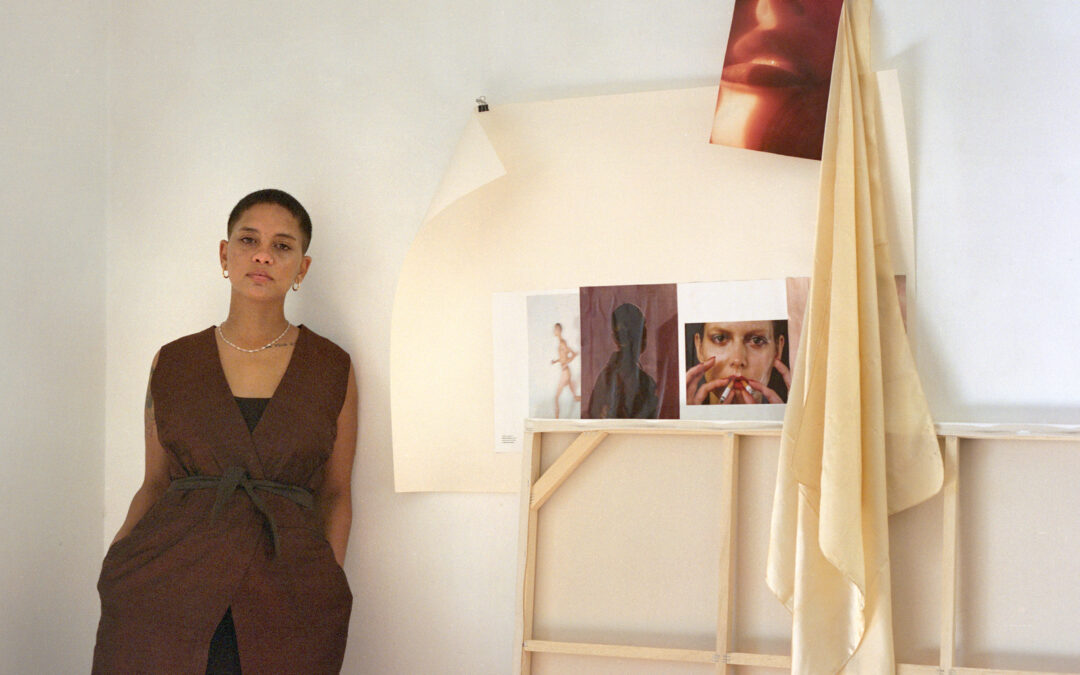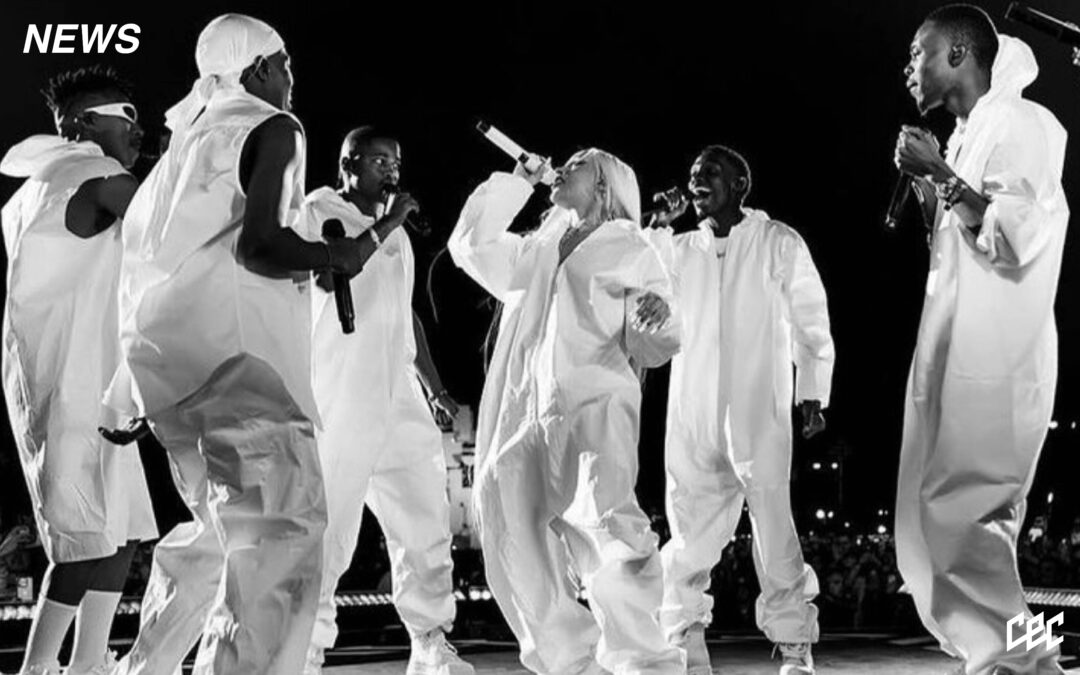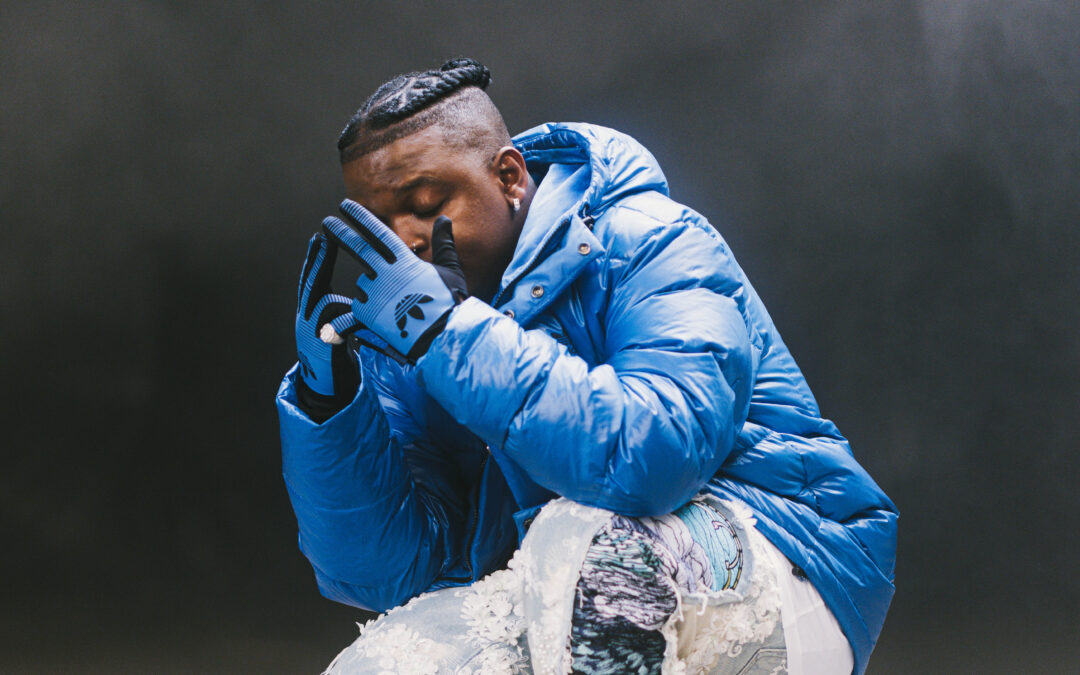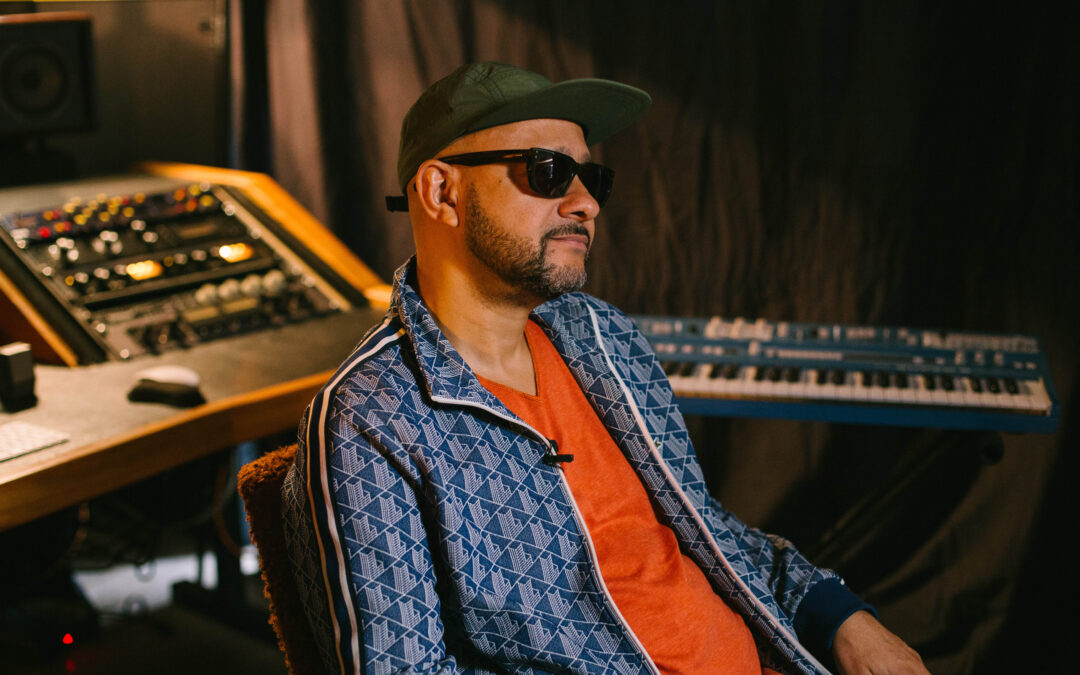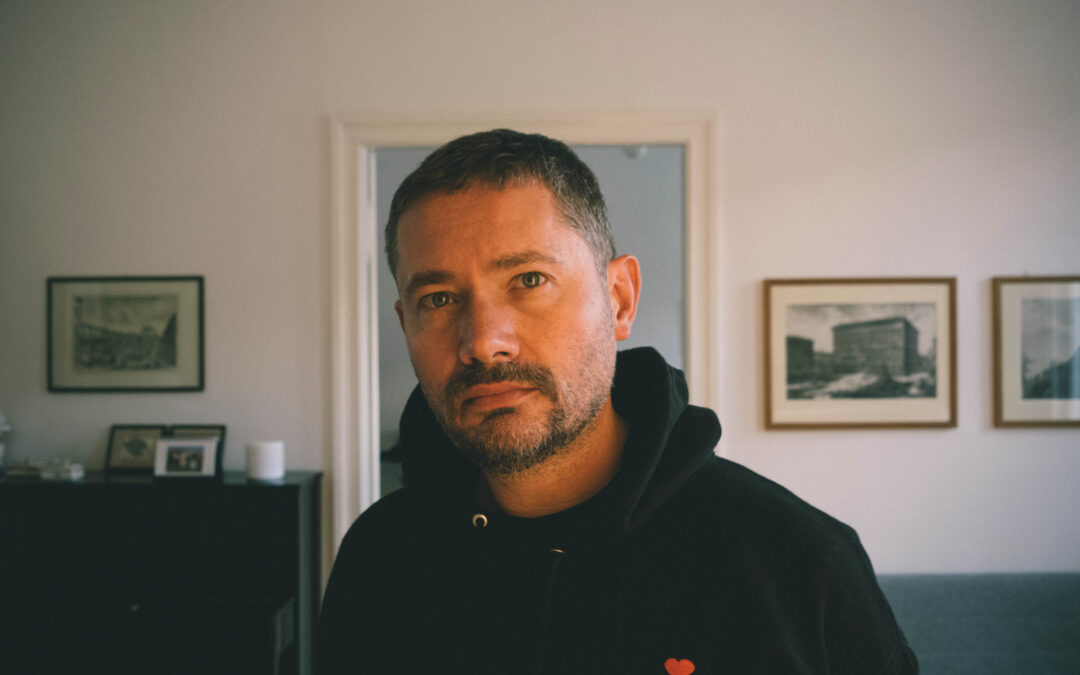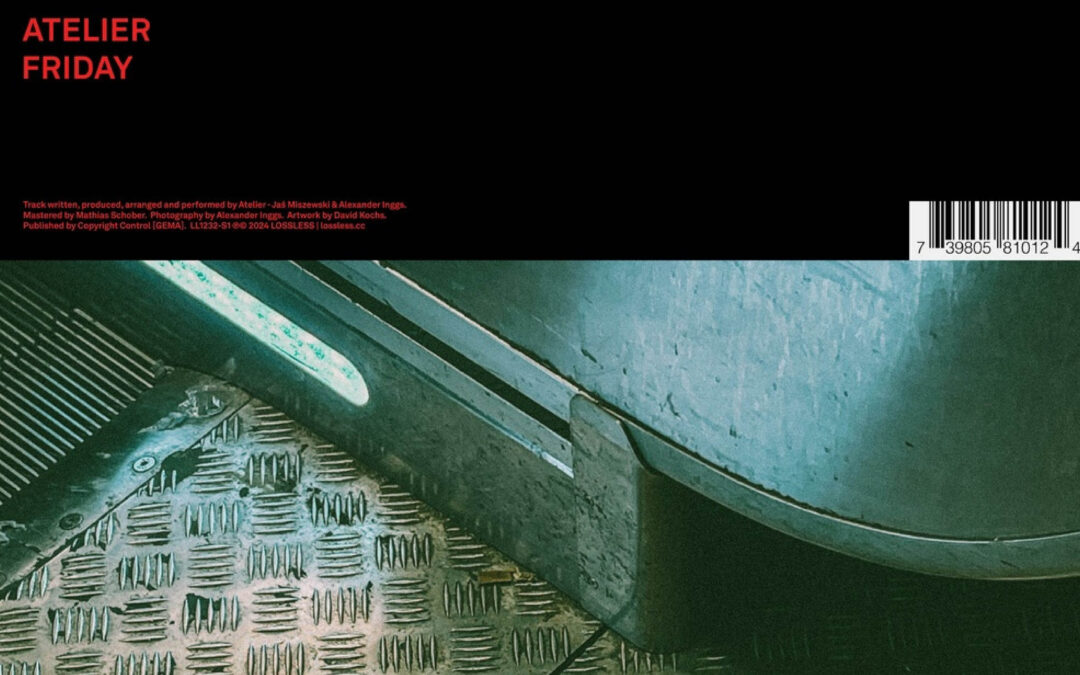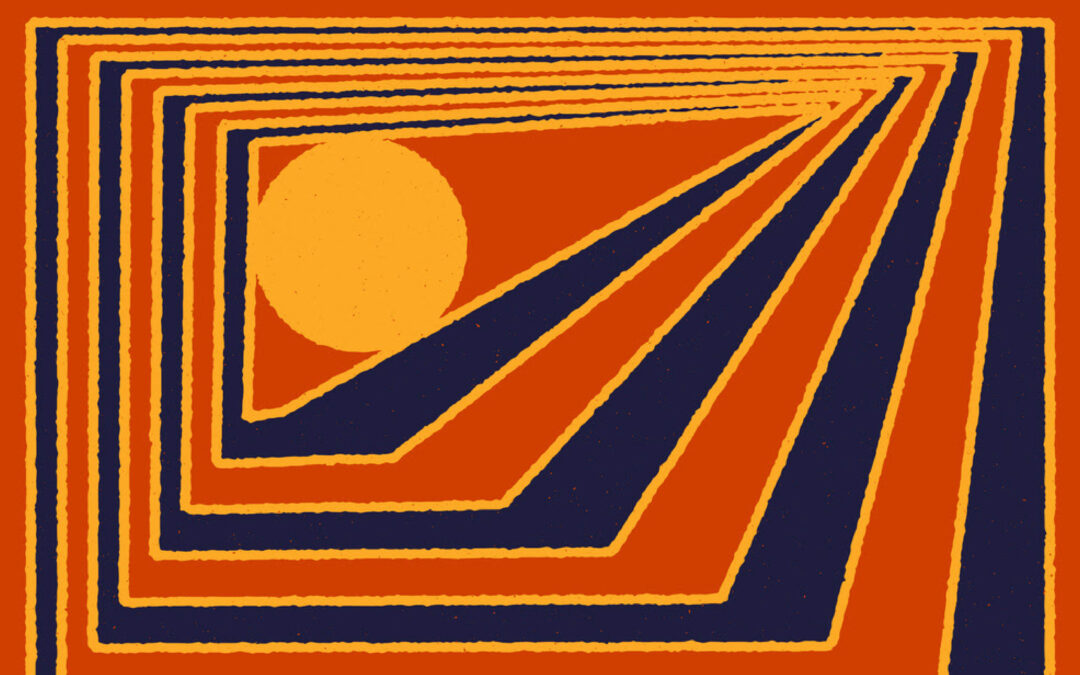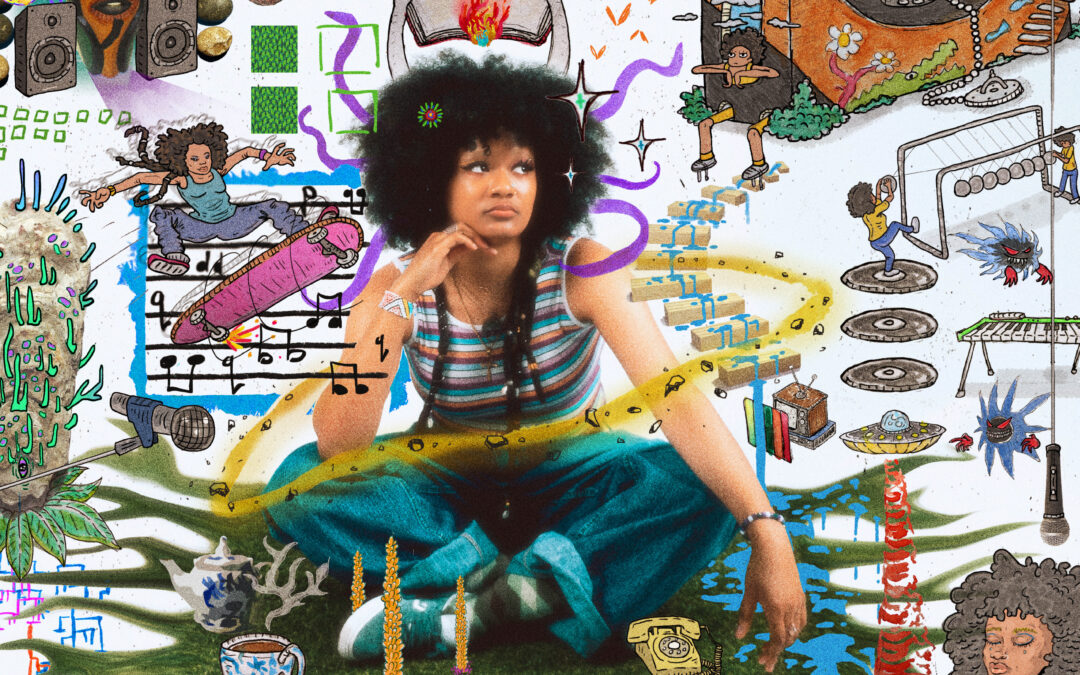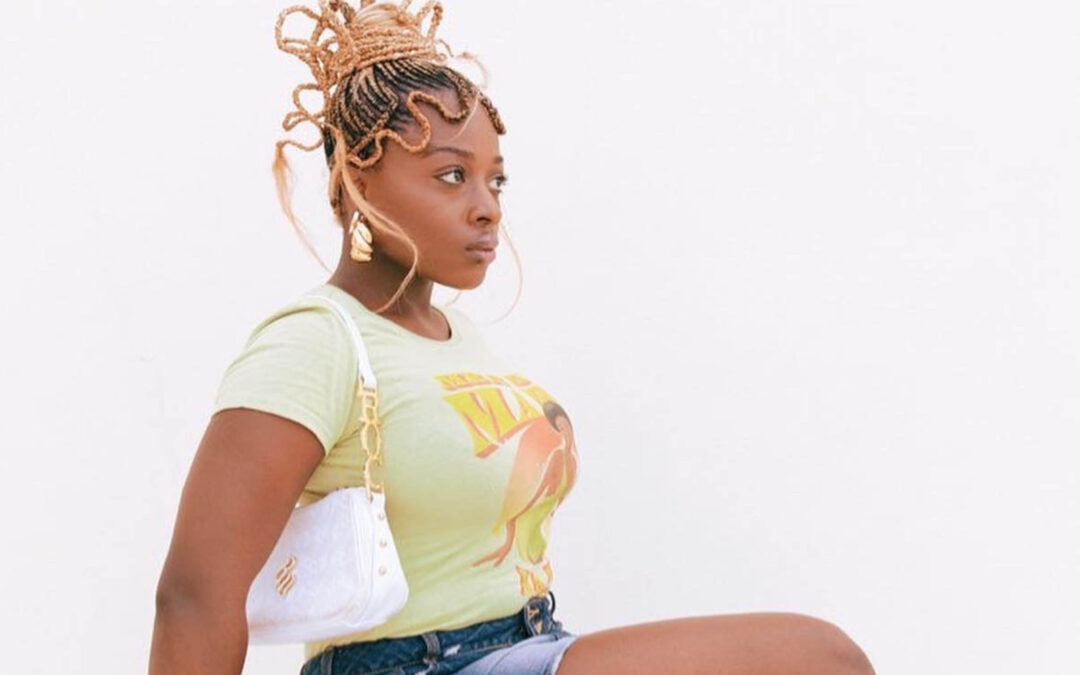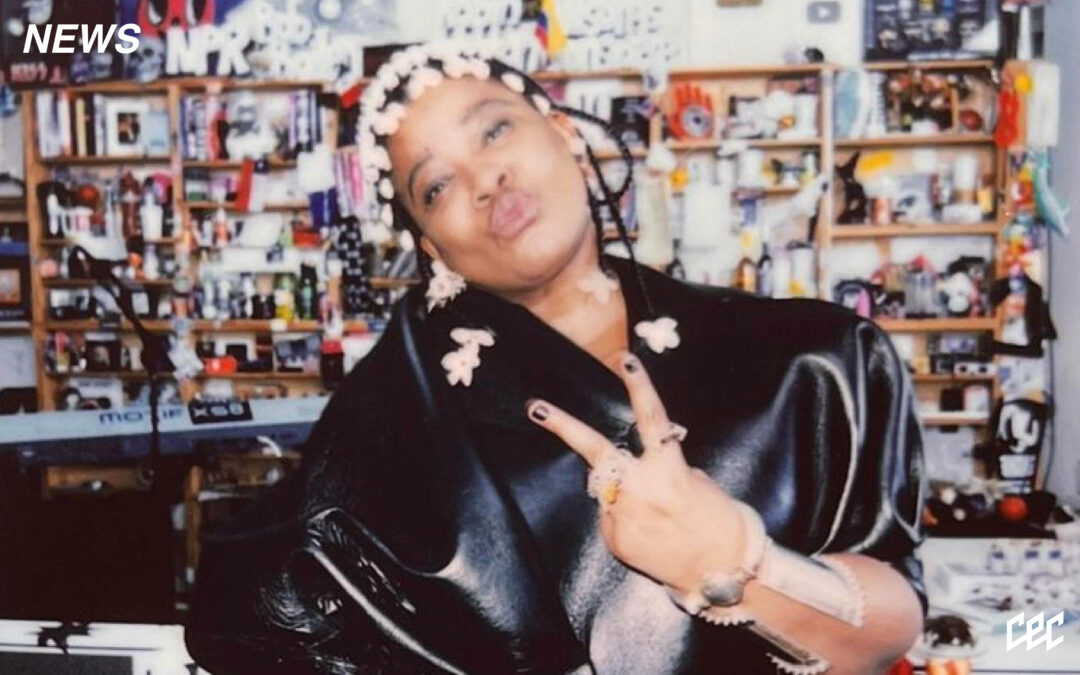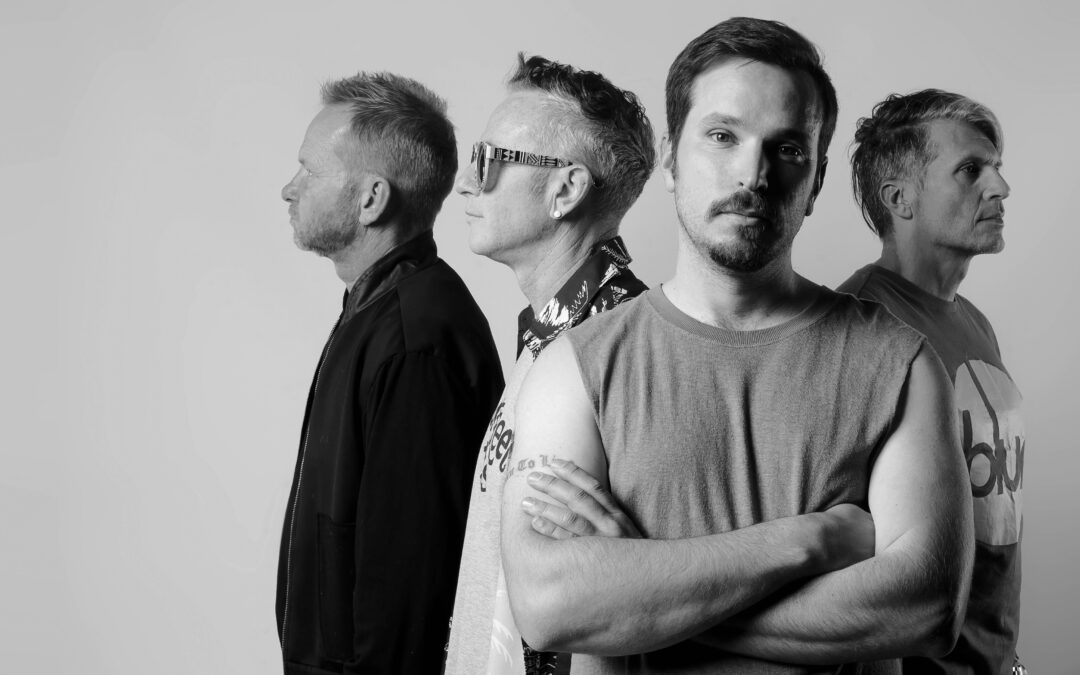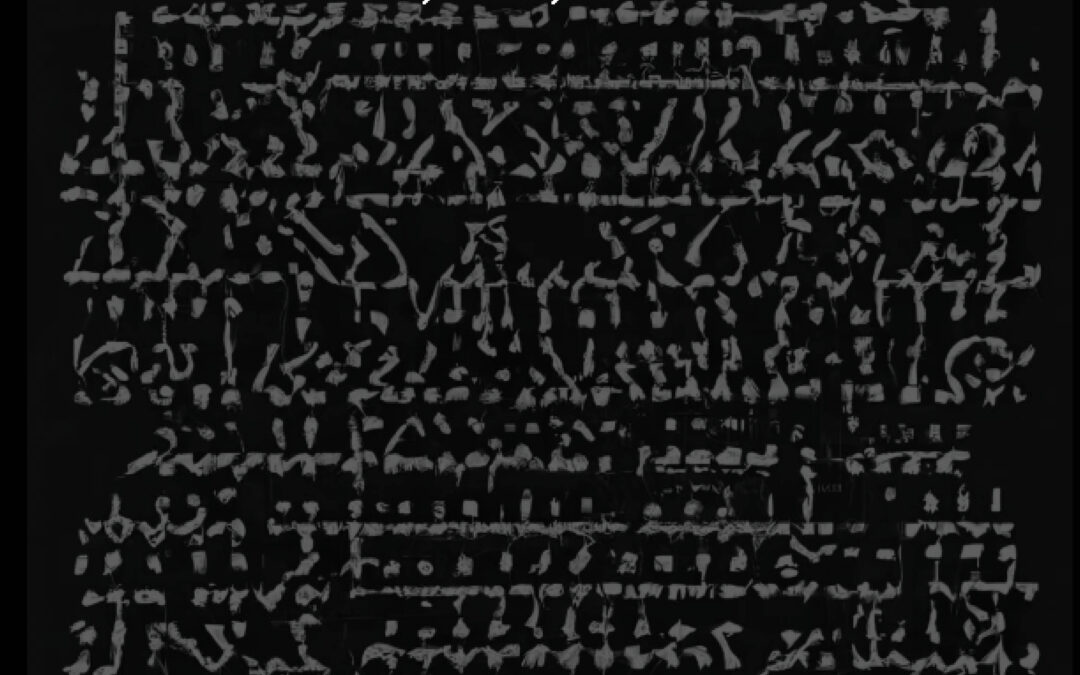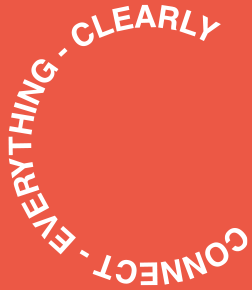As I write this piece, Gina’s recently released LP, Lucid Theory, is playing in the background. I rarely listen to electronic music while I write, but there is a quality to how each track is woven that makes the sound of this album adaptable and joyful for any occasion – each song has a reference to both Gina and the influences around her, from the jazz-deep house synths and percussions of Amapiano, to the beautiful vocals intertwined with electro breakbeats. As both a DJ and music producer originally from Namibia, Gina Jeanz has been living and creating predominantly in South Africa for the last 11 years – and we are seriously blessed to have her sound and essence paving the way for women on the continent. With everyone I get to speak to and write about around creativity, I have a deep admiration; but there is something really special about knowing you are getting to talk to someone who might be established already, but for whom things are going to blow up in a massive way. This is the feeling I get with Gina – maybe it’s my witchy-senses when I speak to women who own their divine feminine magic – that there is a wellspring of ideas rooting to take shape in the world, and that the embodiment of one’s purpose is occurring, in real time.
“I grew up in an academic household – my late mum had a PHD, my dad too and my sister is a doctor – so I always felt like I needed that thing that was mine; that I was naturally good at. I think being creative in that environment motivated me to take up the violin, because it gave me a classical anchor around composing – and then refining my understanding through theory and pitch. That formative training has been invaluable, because going into production with some fundamentals to draw on encouraged a deeper dive in me.” Gina says in our conversation. The language of music is something I have very little understanding around; I find it almost like this magical power that people possess, but as with many things, there is having initial talent – and then there is refining that talent through discipline. Another anecdote that needs to be addressed is the idea of being an “instant or overnight” success – around regarding her career, Gina says, “My career took off in 2017, but I had been experimenting and developing my sound for a while before that. Electronic music, and the software one uses, is a whole system itself – and in order to create a seamless workflow, it requires a deep understanding of how to blend and mix. It’s definitely about experimentation and testing for every artist, and it was very much only a secondary hobby until 2017.”
So what happened in 2017 that course-shifted Gina’s trajectory? ‘’I grew up not having representation in spaces like music beyond vocalists, so it didn’t really dawn on me until 2017 that this was a viable career – a thriving career and purpose that I could have – I needed to know it was possible that one could buy a house or eat off doing this! Red-Bull put me up for Rocking The Daisies, which was my very first gig – at the Electro Dome. I have the line-up framed and there I am alongside all the big dogs like Flume and Black Coffee. What is this Namibian girl doing here??” Gina reminisces; and I think this is what I mean about my introductory comment, in which you can feel the alignment that is laid out for Gina on her path, and without downplaying it into a cliché trope, self-belief and trust is a big part of anchoring that energy.
“I had to say yes, I had to keep imposter syndrome at bay. I quit my job as a graphic designer, and I knew I had to put time and effort into seeing if making music would work. In Namibia, there is a huge need for support and infrastructure around music and art. I don’t think it is seen as a priority; that creativity can change lives. I want to contribute to this change, as an African, but also as a woman. I feel like a big part of me doing this is not just to perform or to create, it’s to be a part of a conversation. Africa has been the blueprint! I want to show other African women that our seat at the table is not something we need to gain permission to have; it is already ours.’’ Gina says, and I am affirmed in my feeling that it is Africa’s time; and that every facet, industry and space needs to be forged with the array of incredible minds of this continent. In response to this, Gina says, “I think with what we have seen regarding the international success and interest in Gqom and Amapiano that eyes are on us. For my own musical practice, it’s important to remember how nuanced and diverse Africa is though – and that music is one of the threads that runs through the whole continent. I am excited about the role electronic music has in translating traditional sounds from indigenous instruments into a contemporary framework, for example. I feel as though I am a part of the growing community and femme sisterhood who are stepping into these roles.”
Another aspect of Gina’s artistry is the visually compelling expression that she relays to the world. To me, it is a testament of the feminine energy so long forgotten in the world, that when it arises – in both Gina’s images and sounds with effortless beauty – it feels quite startling, and elicits such reverence. My last question to Gina is what sounds are inspiring her at the moment, and who in Namibia should we be listening to? “I’m really enjoying the new age sound of Afrohouse and Afrotech, and even more so exploring the genre more throughout my own production, artists who are also pushing this sound in Namibia. People should get to know are Lioness, DJ Castro, DJ Dreas and Waters.”
At the time of writing, Gina is releasing two new tracks on Bandcamp on Friday the 3rd of February. The tracks, Kae Beach and Paje Paje, are part of a project called Sounds of Zanzi; written in Zanzibar, as a sonic love-letter to her experience there. Imagine we all created gifts in our own mediums as an ode for the lands we encounter and love that we experience? Gina does so, and it is incredible.
We invite you to listen here; https://ginajeanz.bandcamp.com/
Album Photography Credits ///
Photographer Aart Verrips
Production design and styling: Francois Ferreira
Makeup: Alexandra J Botha
Hair: Saadique Ryklief
Photo assist: Rebecca Smale
Sets built by: Mduduzi Mthethwa
Styling assistant: Kutlwano Hlomuka
Written by: Holly Bell Beaton
